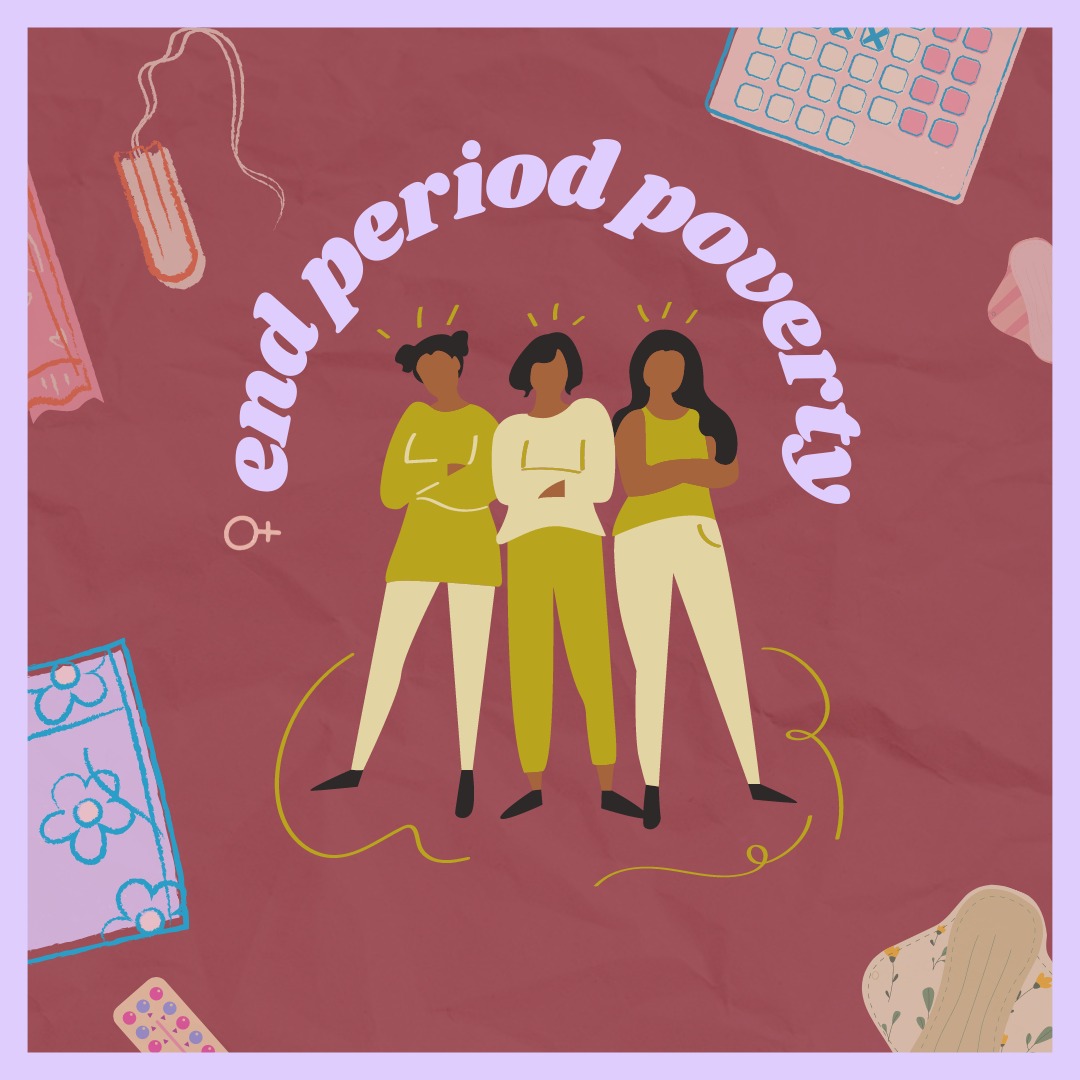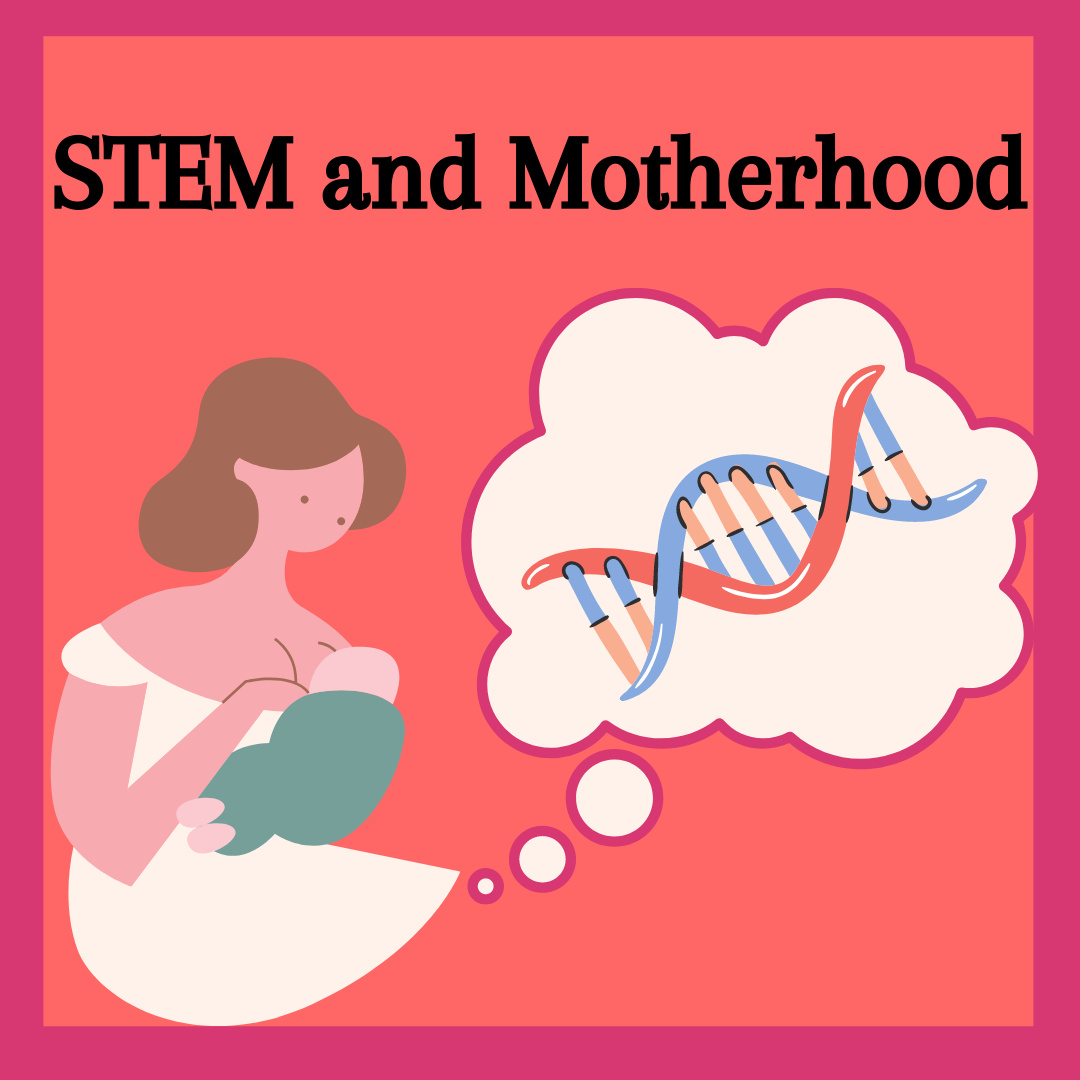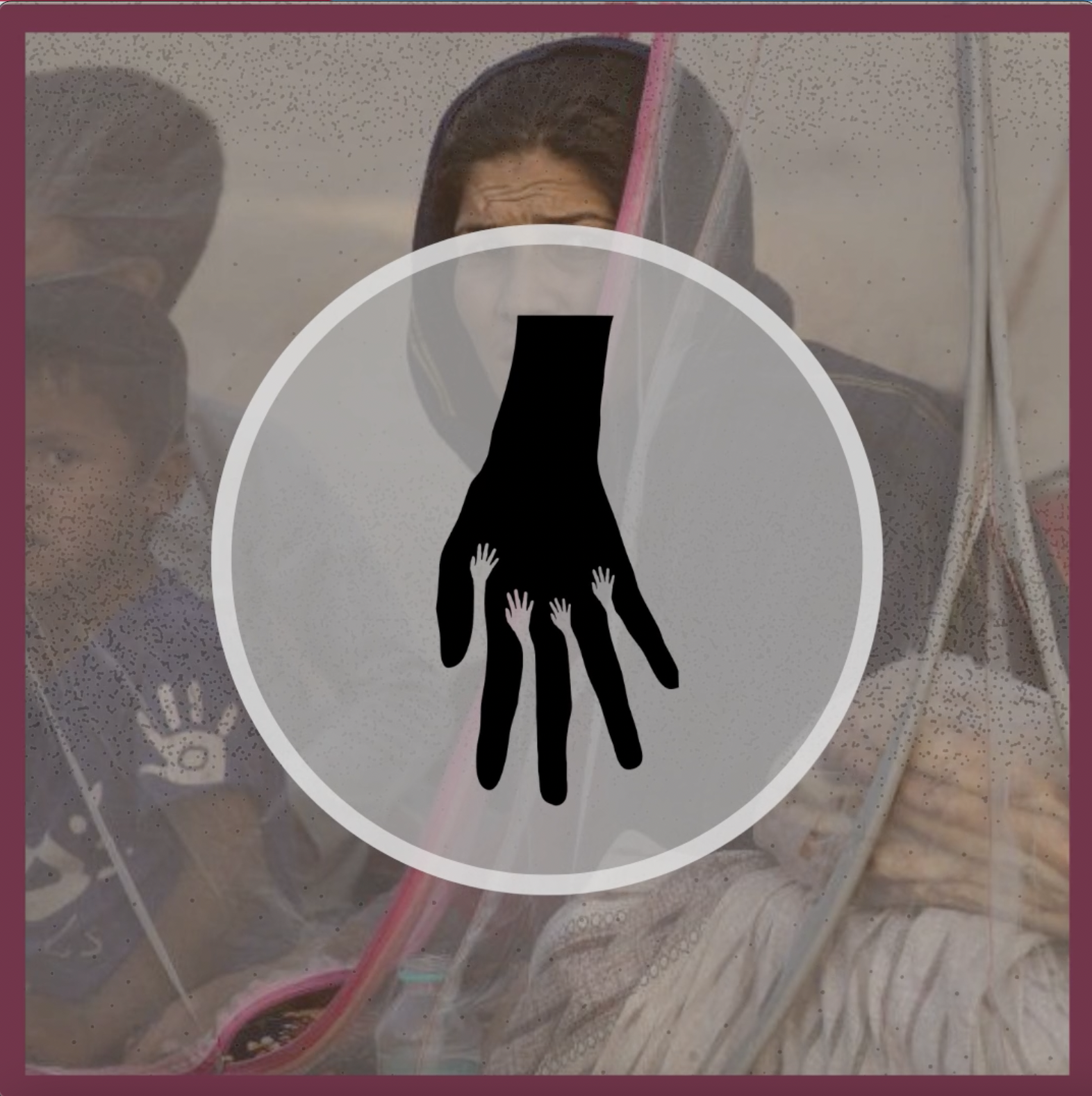In an ideal world, girls across the globe would all be able to go to school without limitation. They could chase their dreams without doubts. Girls with their hearts set on STEM would have the resources to learn the skills required for them to follow their path. However, our world is far from ideal. Numerous groups like us at MilkshakeFromMars actively advocate and promote bottom-up change to encourage more gender diversity in the STEM field. But what good would our efforts be without the top-down changes needed to remove these restrictions on progress and accessibility created by gender norms? Aspiring women in STEM are often discouraged due to a multitude of challenges – stigma and bias, wage gaps, imposter syndrome, and more. Yet there’s one that bears a heavy weight on the shoulders of many students worldwide: period poverty.
It is important to recognize that while most girls menstruate, not all girls do, and not all menstruators are girls. This article uses gender-inclusive language (i.e., “menstruators”) when discussing facts and statistics about periods. But it also frequently references what the issue of period poverty means for women in STEM.
Period Poverty by the Numbers
It might be easy to forget how much of a privilege it is to be able to shed some money on pads or tampons and go to school prepared. However, period poverty plays a huge opposing role for girls’ education. A study by Thinx Inc. and PERIOD showed that:
“1 in 5 teens in the US have struggled to afford period products or were not able to purchase them at all.
More than 4 in 5 students (84%) in the US have either missed class time or know someone who missed class time because they did not have access to period products.”
As of 2020, only five states require the provision of free menstrual products in their middle and high schools. The burden of period poverty is the most severe for low-income families and transgender people. This means that even while going to school, many, including non-female menstruators, still face barriers in engaging with their education fully.
Toilet paper is free. Band-aids are free. Students aren’t expected to bring these from home or pay up when they need one. It’s only common sense since you can’t stop yourself from relieving yourself or bleeding from injuries. So it makes no sense as to why schools can’t do the same for period products.
A Struggle for Students
Biologically, there is an obvious problem when a menstruator is stuck without a pad or tampon. Using improvised substitutes like rags or paper towels puts menstruators at risk for urogenital infections, irritation, and abnormal discharge. Holding back these products evidently hurts students’ bodies.
Aside from biology, the lack of access to period products leads to poor mental health outcomes. Being on your period is physically and emotionally exhausting, and to add to that by restricting products severely hurts students.
As mentioned earlier, period poverty puts low-income individuals at a bigger disadvantage. The extra cost for period products sometimes means that menstruators must choose between food or these products. With so many consequences, attending school is noticeably a struggle for menstruators. Attending job interviews is no different. Imagine if any of the accomplishments or discoveries achieved by notable women in STEM never happened. And it was because any of them had to cancel an interview or miss a workday because they couldn’t afford to have a pad on them.

“You are blamed for getting into the crappy situation, then somehow blamed for not managing money effectively. The blame is all on you and there is shame in asking for pads. I can’t remember ever asking for pads when I needed them. I went without food instead.” (-Hollie, one victim of period poverty at age 15, on EachOther)
Ending the Cycle
Clearly, a widespread obstacle as serious as period poverty shows no mercy for aspiring menstruators, women included, in STEM. Encouraging girls to join coding clubs or check out local conservation projects means little if the lack of proper period preparation deters them from joining. Therefore, our society needs to remove this barrier for the sake of not just aspiring girls in STEM, but menstruating students everywhere. Menstruating is normal. It should be treated as such instead of being spoken about in hushed whispers behind bathroom doors. Take it from someone who’s family discouraged her from taking Enhanced Math II in her freshman year because her period would “interfere” with her academic performance.
I believe I speak for every other student who experienced something like this when I say academia needs to stop viewing menstruation as an inevitable liability for students. Menstruation is a natural biological process. The challenges it presents can be significantly alleviated if we better equip our younger generations with the means to menstruate safely. We urge students, faculty, and anyone who believes in accessible education to keep the conversation about periods going. Being able to menstruate cleanly and safely is a given right, not a privilege.
If you like this post, you may like some of our other posts too!
- March 2022
- August 2021
- July 2021
- June 2021
- May 2021
- April 2021
- March 2021
- February 2021
- January 2021
- December 2020
- November 2020
- October 2020
- September 2020
- August 2020
- July 2020
- June 2020
- May 2020
Subscribe to help us keep you updated with new posts!




Leave a Reply